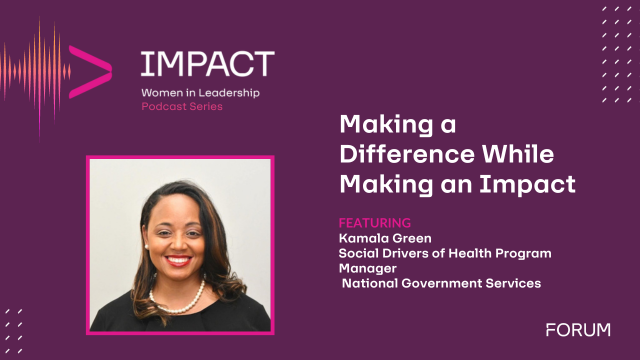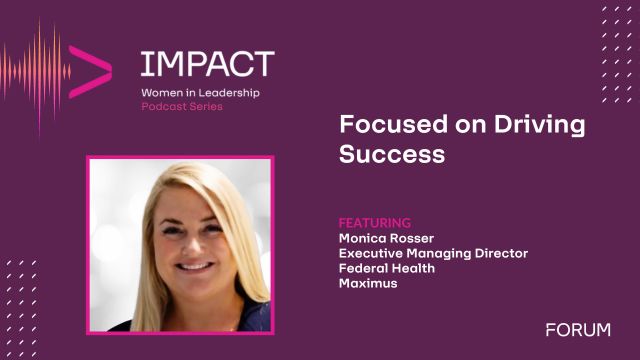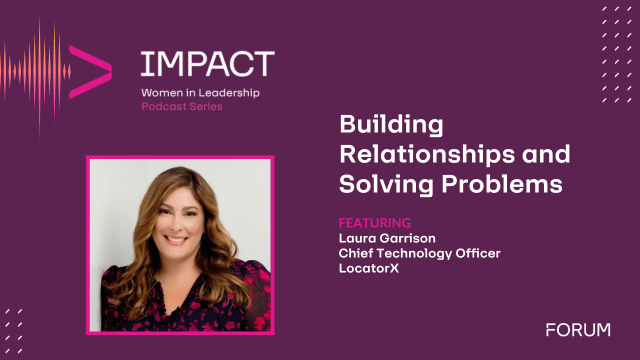By Kelli Bravo, VP and Industry Market Lead, Pega
Everyone is different – which is particularly true when it comes to the topic of medical care. While other industries are providing one-to-one experiences, the highly complex and fragmented Healthcare industry has not been able to keep up. However, with Artificial intelligence (AI), providers and payers will finally be able to deliver more personalized care experiences to their patients and members.
Social determinants of health (SDOH) which include home life, financial status, access to healthy food, and availability of transportation to and from appointments can greatly impact a patients’ well-being. Today, providers are using AI to enhance their care plans by not only considering these factors – critical for treating the whole patient – but using additional information to anticipate patient needs and offer personalized, coordinated Healthcare no matter what their needs are at any moment in time. AI is also helping to make payers’ and providers’ jobs easier by providing them with the information they need so they can stop worrying about data processing and focus on what’s most important: their patients.
As we look to the future it’s clear that these improvements are just the beginning. Here are a few thoughts on what’s in store for 2020 and beyond:
AI Will Gain Traction as a Valuable Resource
While many have experienced the value AI can provide in other industries, Healthcare providers, payers, and consumers are finally starting to trust the power of AI because it helps deliver better results. With AI, care teams are able to better engage with their patients with the right information at the right time – sometimes, before the patient even knows there’s an issue. Payers can use AI to anticipate and better answer benefits questions a member may have about a procedure or better personalize care plan outreach and outreach channels. All in all, AI can help the Healthcare industry deliver optimal care programs for better outcomes, and that in itself becomes an invaluable resource. The industry needs to embrace AI by implementing holistic, intelligent solutions that enable them to better know their patients and members, and deliver higher quality experiences.
Growth of Tech-Savvy Experience Champions
As personalized care becomes the rule instead of the exception, we may see more and more patient experience-focused roles arise , like a Chief Experience Officer, who will tap into the power of AI. These roles will not only include understanding how consumers want their data used to personalize their care, but also leverage that data to become better advocates for consumers and their experiences, while also balancing the payer’s and provider’s objectives. The goal is to continually improve communication and add value to every patient interaction with AI for a more holistic, connected experience. By creating patient/member experience roles within the organization – combined with access to advanced AI technology to make more informed decisions – organizations can better tap into what healthcare consumers need and make a greater commitment to enhancing their experiences using real-time insights.
Infusing Empathy
In the past, AI has often been viewed as cold and unemotional – not necessarily a good fit for the highly personal Healthcare industry. But this couldn’t be further from the truth. With continuous advancements and powerful algorithms, AI can take patient data analysis to a new level. Instead of simply analyzing clinical information, AI goes a step further by considering unique Social determinants of health (SDOH) factors that play a crucial role in patient care. This helps providers deliver highly customized care plans that are truly empathetic. The industry needs to take the rich consumer data they have at their fingertips and combine it with the power of AI’s predictive analytics to take a more human, one-to-one approach with each of their patients.
Improving Customer Engagement with Transparency
As more data privacy regulations are enacted to better protect personal and private patient data, the industry needs to be able to disclose how this information is not only collected but stored. This helps put the power back in the hands of the consumer when it comes to their information. Going forward, Healthcare organizations will be required to be more transparent about what patient data they have and how it’s being used. With an increase in the use of AI, the technology in turn must become more transparent – not the “black box” concept it’s sometimes known for. The industry will need to disclose how they’re using AI with consumer information, which in turn will help build more trust in the technology and the industry, while also maintaining regulatory compliance.
Because consumer experiences continue to improve across the board, patients will expect their interactions with Healthcare payers and providers to keep pace. By using AI, payers and providers can access a more connected, holistic profile of their patients and develop new insights like never before. It will be fascinating to see how the power of AI will shape and improve the way we care for our patients. We’re already well on our way.












